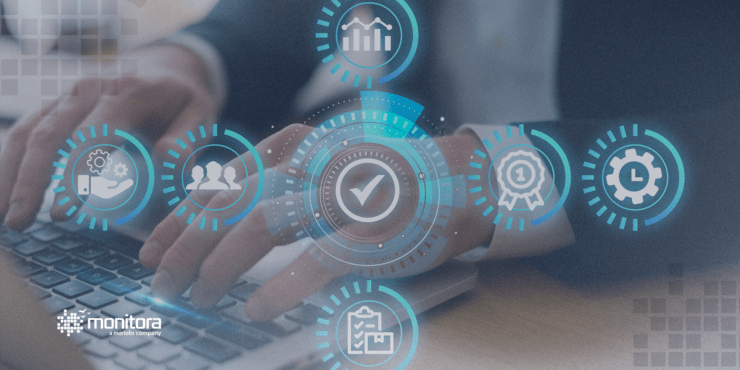If there’s something that CRM can do for you that no other software can, that thing is efficient customer relationship management!
Having a good relationship with your customers is the foundation for the success of any business.
That’s why CRM (Customer Relationship Management) comes as an innovative tool that allows companies to organize, automate, and enhance their interactions with customers, resulting in a stronger and more profitable relationship.
To provide you with more information about this tool, in today’s article, we will explore the power of CRM in efficient customer relationship management.
So, you wouldn’t want to miss this super text, would you? So, read along with us!
The importance of good customer relationship management
Before we introduce CRM and how it can be applied to your company, it’s essential to understand why good customer relationship management is so important.
Without a doubt, customer satisfaction is crucial for the success of any business, regardless of its industry.
In this context, efficient customer relationship management allows you to understand and meet customers’ needs appropriately, providing personalized service.
Consequently, satisfied customers tend to be more loyal to the brand, resulting in higher retention and contributing to customer loyalty, maintaining a strong and long-lasting bond.
Another point of importance is that maintaining efficient customer relationship management is of utmost relevance for identifying business opportunities.
By understanding your consumers’ needs and preferences, you can identify opportunities for cross-selling, upselling, and expanding your business relationships.
What are the stages of customer relationship management?
Like any other procedure within a company, customer relationship management has several stages that should be followed if you want to do it successfully.
Let’s see what they are:
Identification and customer acquisition
The first stage of customer relationship management is when you identify the target audience and acquire new customers.
Actions such as market research, lead prospecting, marketing campaigns, and sales strategies are included in the initial stage of the relationship.
Data collection
With a certain customer base in hand, it’s time to better understand customers and their needs.
This search can be based on preferences, purchase history, previous interactions, or any relevant information for profile analysis.
Customer segmentation
After thoroughly understanding your audience, it’s time to segment these customers.
Classification and organization involve identifying patterns, common preferences, and segmenting customers into groups with similar characteristics.
This step is essential as it allows for better targeting of marketing strategies.
Relationship development
To develop a solid and lasting relationship with customers, continuous communication must be established, providing quality support and customer service.
Personalized service
Efficient customer relationship management requires that the company pays attention to customer needs and preferences, right?
Therefore, it is necessary to adapt interactions and offers according to individual customer needs and preferences.
This action can be done through the effective use of customer data stored in the CRM, the main topic of our conversation today!
Customer loyalty
Finally, the loyalty stage includes retention strategies to ensure that customers remain satisfied, engaged, and loyal to the company.
Loyalty programs and even incentives can be included in this stage.
What is CRM?
CRM stands for Customer Relationship Management, and it can be translated freely into Portuguese as “Gestão de Relacionamento com o Cliente.”
This is a business approach aimed at managing and enhancing customer relationships, as well as providing tools and strategies for efficient and effective customer interactions.
CRMs are typically presented as a technological application or platform with various functionalities.
Among them are customer information storage, interaction and communication tracking, activity tracking, sales management, customer preferences, and much more!
The pillars of CRM
CRM is based on three fundamental pillars: people, processes, and technology. Each of these pillars plays an important role in implementing and succeeding with CRM within an organization.
Among these three, without a doubt, people are one of the most important pillars of CRM. But who are these representatives?
Basically, the company’s employees interact directly with customers, such as sales teams, customer service, and marketing.
These people play a crucial role in building customer relationships, understanding their needs, providing adequate support, and delivering a positive experience.
The second pillar of CRM is processes, which involve establishing clear and well-defined workflows for all customer interactions, from acquisition, service, sales, and retention.
Furthermore, it is important to note that processes should be designed to increase efficiency, minimize errors, and ensure consistency in customer interactions.
The third pillar of CRM is technology, which has an essential role in the proper functioning of your tool.
The use of an efficient system is crucial for storing and managing all relevant customer information, facilitating access and sharing of this data among teams.
Moreover, technology also enables the automation of repetitive tasks, tracking customer interactions, data analysis, and report generation.
What are the functions of a CRM?
Among the various functions that a CRM can perform in your company for customer relationship management, we can mention:
Contact management
The primary and number one activity of CRMs is managing contacts in your database.
Basically, it allows you to store and organize detailed customer information, such as name, address, purchase history, previous interactions, preferences, and other relevant information.
Interaction tracking
Good CRMs are capable of recording all interactions with customers, such as phone contact, emails, meetings, visits, and more.
This information is useful for tracking communication history and understanding the context of previous interactions.
Marketing automation
You can also enjoy a super cool feature that some CRMs provide, which is marketing automation.
Among the actions developed are automated sending of personalized emails, creation of segmented campaigns based on customer data, tracking online activities, and lead scoring.
This is a very interesting way to help nurture leads, maintain customer engagement, and boost sales.
Customer service
Using a CRM in your company can also be useful for managing support requests and customer service.
In the platform, employees can record and track requests, assign tasks to team members, monitor resolution status, and provide fast and efficient service.
Furthermore, the service history recorded in the CRM allows the team to offer more personalized support, understanding the problems and preferences of each customer.
Advantages of CRM
In addition to efficient customer relationship management, CRM also offers the following advantages for your company:
Better collaboration between teams
Through a CRM application, sales, marketing, and customer service teams can collaborate more efficiently.
This is possible because everyone has access to updated customer information.
Consequently, this facilitates communication, data sharing, and activity coordination.
Task automation
A CRM system allows you to automate everyday tasks that are repetitive and time-consuming for your employees.
This is a significant advantage as it frees up time for employees to focus on more strategic and value-added activities.
Enhanced data analysis and reporting
Through your CRM system, you can also access data analysis and reporting features.
This allows companies to gain valuable insights into sales performance, market trends, and customer behavior, identifying the best growth opportunities.
Optimized customer experience
We must not forget that a CRM application benefits not only the business owner but also the customers themselves.
After all, with personalized interactions, it’s possible to meet customer needs and provide faster and more efficient service, thus increasing customer satisfaction.
How to get the right CRM for my company?
If you want to find a CRM that is truly suitable for your company’s needs, it is best that it is customized according to the characteristics of your business.
And to help you with that, you can count on the support of Monitora, a Marlabs company!
We are a global software company that takes care of the entire process of developing technologies to help you focus on your business strategies.
Would you like to have more information about our services? You can talk to a specialist on our WhatsApp right now.
Click here and chat with our Agile Squad right away!
Did you enjoy this content? Find more articles on technology and trends on our blog!
*Text automatically translated from Portuguese to English.



